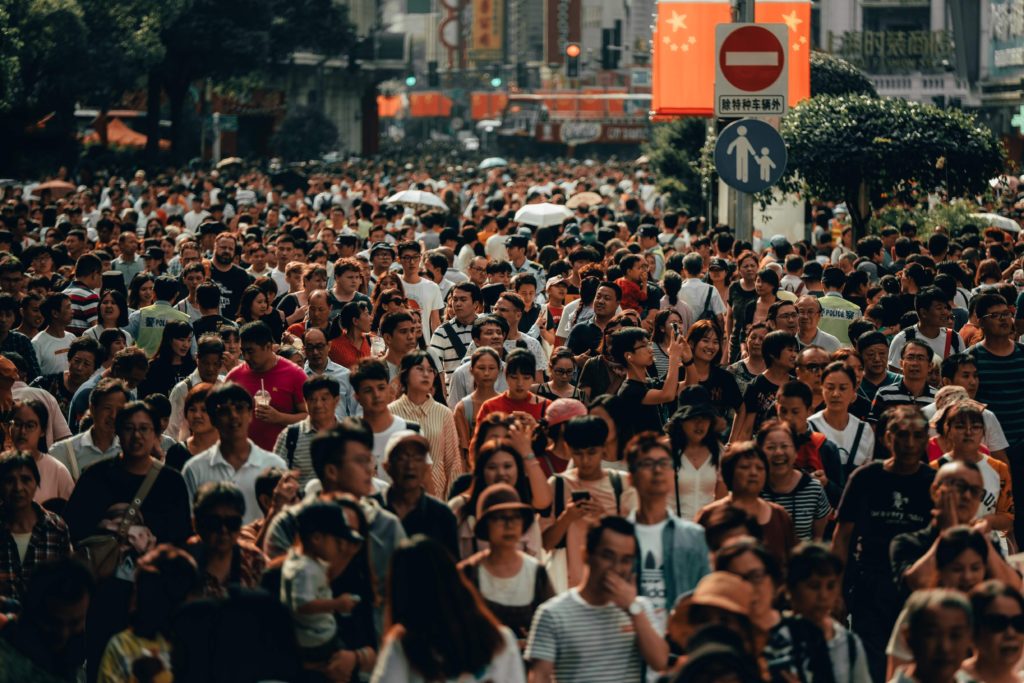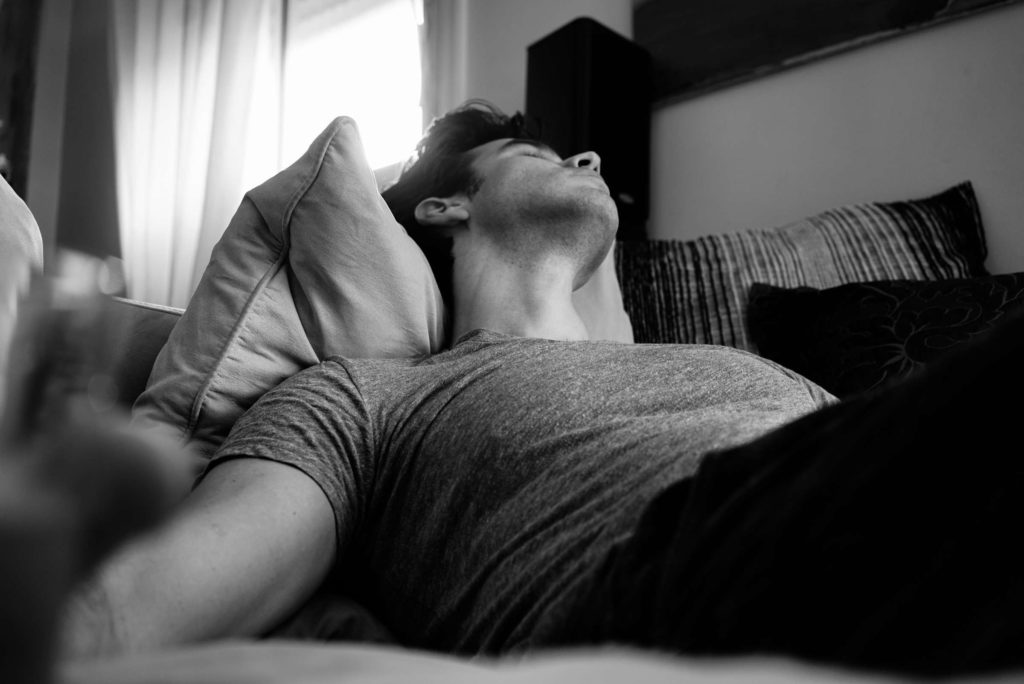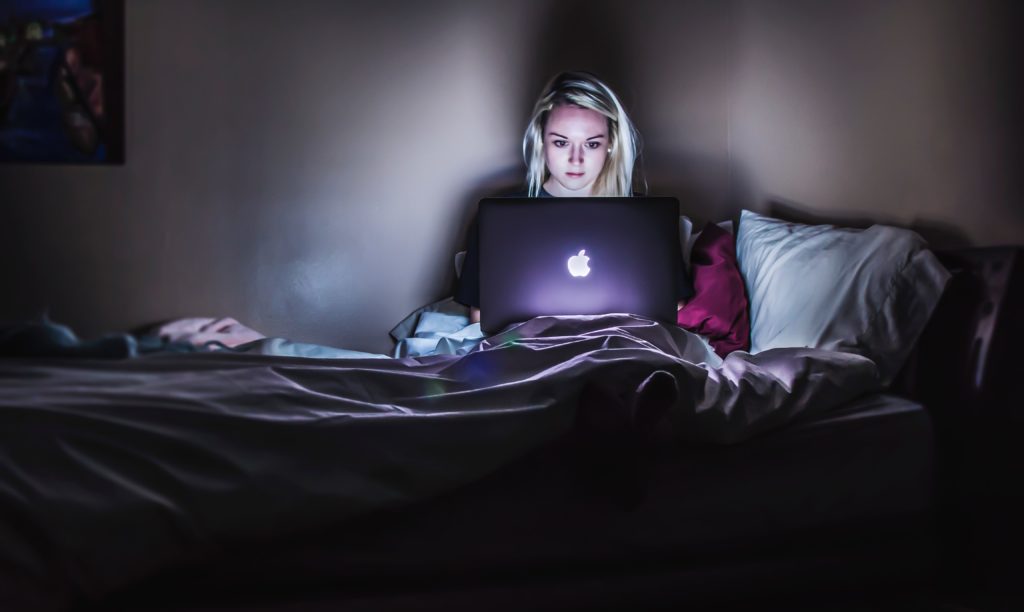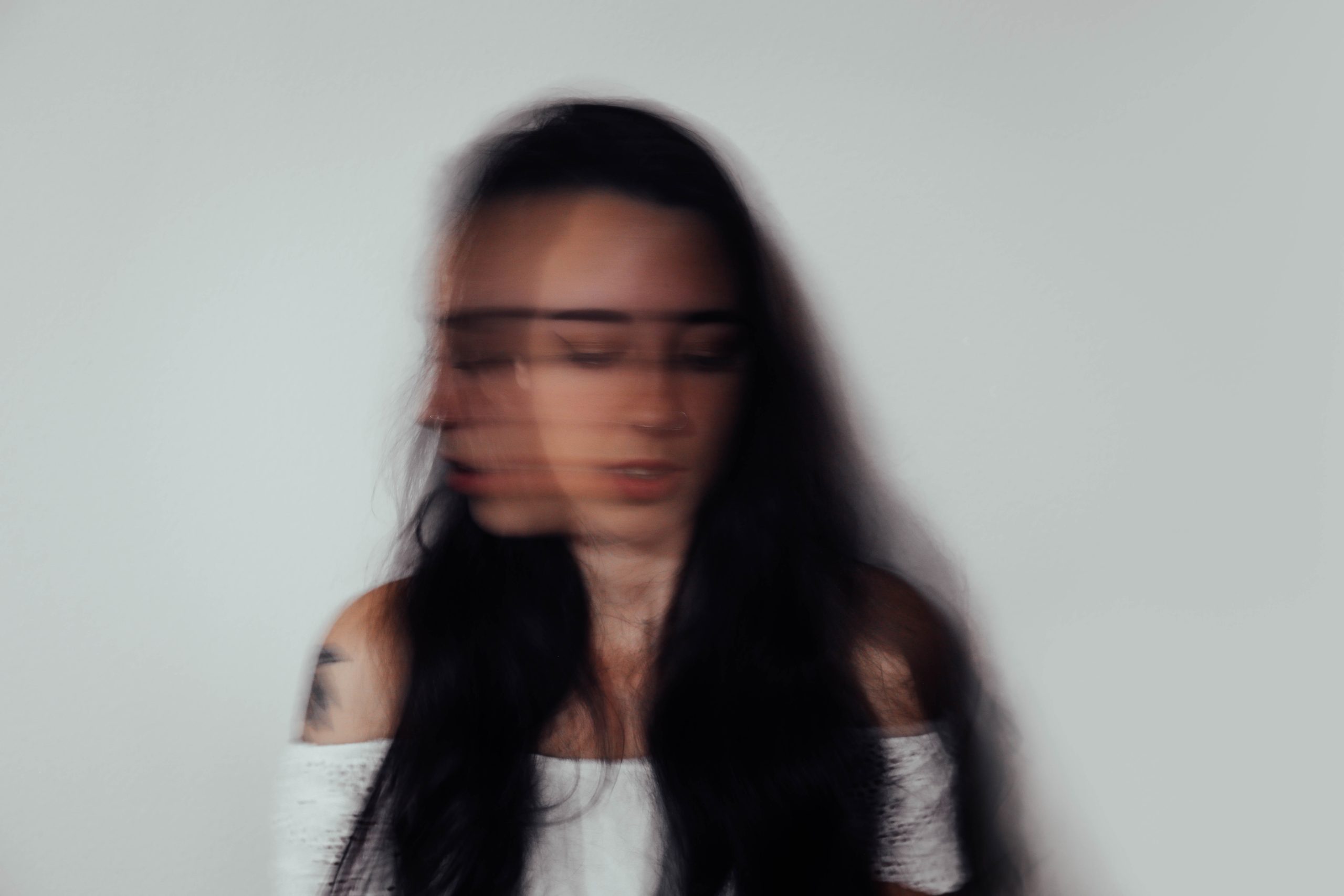Problem Solving
Problem-solving is an effective way to manage stress. Much of the time our stress is due to us dwelling on the causes and consequences of our problems. This is unproductive. To get out of this cycle of rumination, focus on solutions instead. Structured problem solving can help with this. Give it a try using the acronym ‘SOLVE‘ below.
Select A Problem:
- e.g. I’m craving alcohol right now (and I want to cut back on my drinking)
Identify your Options for solving this problem and the = Likely outcome of each:
Go for a run = temporary distraction, get endorphin high, feel proud for doing it
Drink a little = temporary pleasure, I might just stop there – though I usually don’t, and end up drinking more than I should
Drink a lot = temporary pleasure, hangover, regret
Get rid of the alcohol = irritation at wasting the alcohol/money, less temptation
Select the Very best option and take action:
- e.g. go for run
Evaluate the effectiveness of your solution, and make changes if needed:
- e.g. The run took my mind off my cravings and I felt less stressed. When I got home though, I got triggered as there was wine in the fridge. I’d better get rid of it.
Get In touch
Have a question about anxiety counselling In Sydney or not sure where to start?
Reach out, we’re here to support you every step of the way.






